What Enterprises Must Address Now
As organizations accelerate the adoption of agentic AI systems, security leaders must…
Securing your hardware, fortifying your future by identifying vulnerabilities, enhancing defenses, and ensuring the resilience of your critical infrastructure against evolving threats.
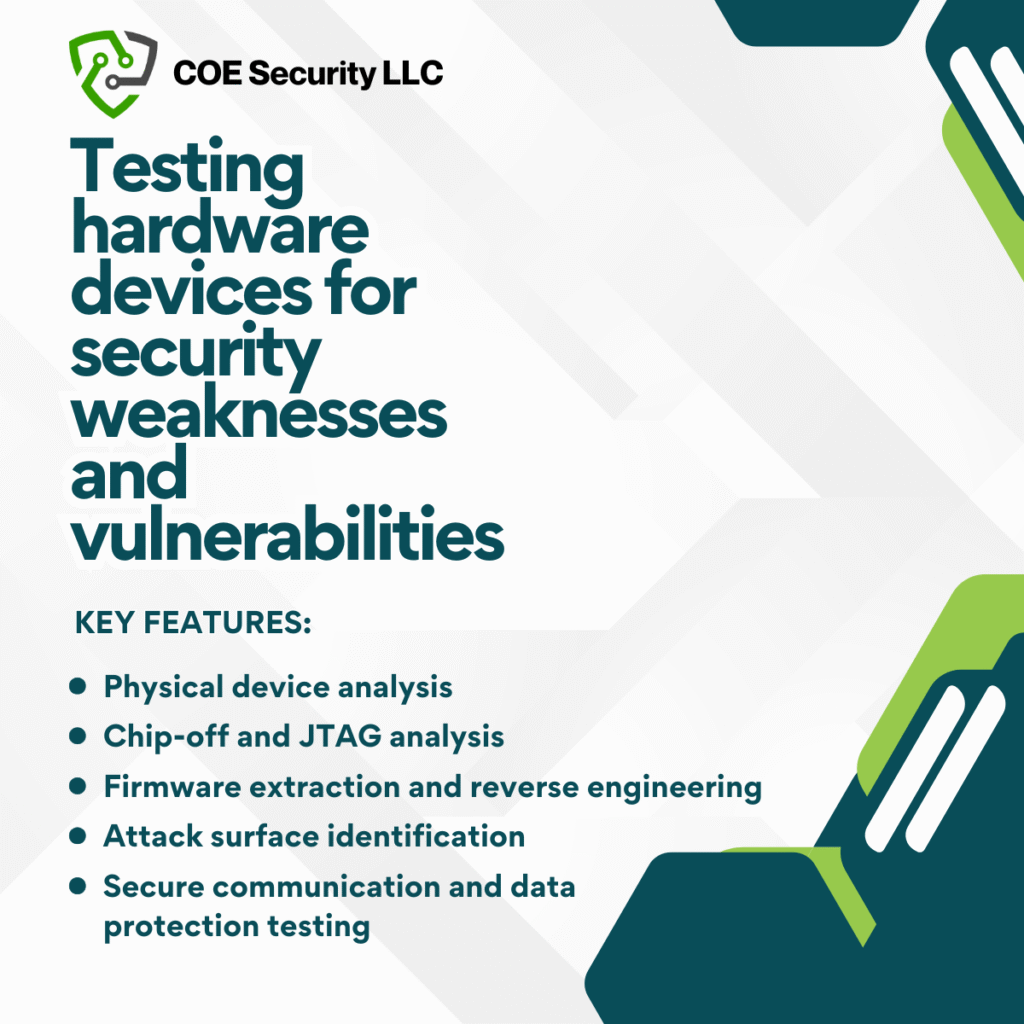
At COE Security, our Hardware Penetration Testing service is designed to help organizations identify and mitigate vulnerabilities within their hardware devices. As IoT, embedded systems, and other connected devices become more prevalent, hardware security is a critical component of your overall cybersecurity posture. Flaws in the design or implementation of hardware can lead to severe consequences, including unauthorized access, data breaches, and the compromise of critical infrastructure.
We conduct in-depth assessments of your hardware, including physical devices, embedded systems, circuit boards, and firmware, using advanced attack techniques and tools to simulate real-world threats. Our testing covers everything from physical tampering and reverse engineering to communication protocol analysis, ensuring that both the hardware and software components of your systems are thoroughly evaluated for security weaknesses.
With COE Security’s Hardware Penetration Testing, you gain a clear understanding of potential attack vectors and can take the necessary steps to strengthen your device security and prevent exploitation.
Define scope and hardware targets: Identify devices, components, and interfaces to be assessed, including chipsets and external ports.
Inspect physical interfaces and access points: Locate UART, JTAG, SPI, USB, and debug ports for potential physical access vectors.
Disassemble and document hardware internals: Open the device, map components, and identify chips, memory modules, and controllers.
Extract and analyze firmware or data: Dump firmware or memory contents from flash, EEPROM, or storage to find embedded flaws.
Reverse engineer hardware communication: Monitor data buses and protocols (I2C, SPI, CAN) for insecure communication or signal flaws.
Bypass authentication and debug protections: Attempt to defeat hardware-level protections, bootloaders, and secure storage access.
Check for hardware-based backdoors: Identify malicious components, undocumented functions, or third-party tampering risks.
Evaluate hardware crypto implementations: Test physical key storage, encryption use, and vulnerability to side-channel attacks.
Simulate tampering and fault injection: Apply voltage glitches, clock attacks, or physical tampering to observe device behavior.
Report with risk ratings and mitigation: Provide a report detailing attack paths, impacts, and actionable hardware security fixes.
Proven expertise in embedded systems: Our team includes specialists in electronics, reverse engineering, and secure hardware design.
Advanced lab environment and tooling: We use oscilloscopes, logic analyzers, chip programmers, and side-channel analysis tools.
Deep hardware-firmware integration testing: We bridge hardware with firmware assessments to uncover cross-layer attack vectors.
Testing aligned with industry standards: Our assessments follow NIST 800-213, PCI PTS, and platform-specific security baselines.
Support for secure hardware lifecycle: We assist in secure manufacturing, update, and decommissioning practices for devices.
Real-world tampering simulations: We simulate theft, rogue component installation, or reverse engineering threats on physical units.
Clear documentation and teardown visuals: Reports include annotated hardware photos, access points, and vulnerability mappings.
Post-fix verification and advisory: We validate mitigations and help redesign or improve protections for future hardware models.

Our Penetration Testing as a Service (PTaaS) extends to the world of hardware, ensuring that your physical devices, embedded systems, and associated infrastructures remain secure. Through continuous, on-demand testing, we simulate real-world attacks on your hardware to identify vulnerabilities that could be exploited by malicious actors. This service includes testing for issues like insecure boot processes, hardware backdoors, physical tampering, and vulnerabilities in embedded software. By providing regular penetration testing, we ensure that your hardware remains resilient to attacks and that any weaknesses are quickly identified and mitigated, keeping your devices secure over time.
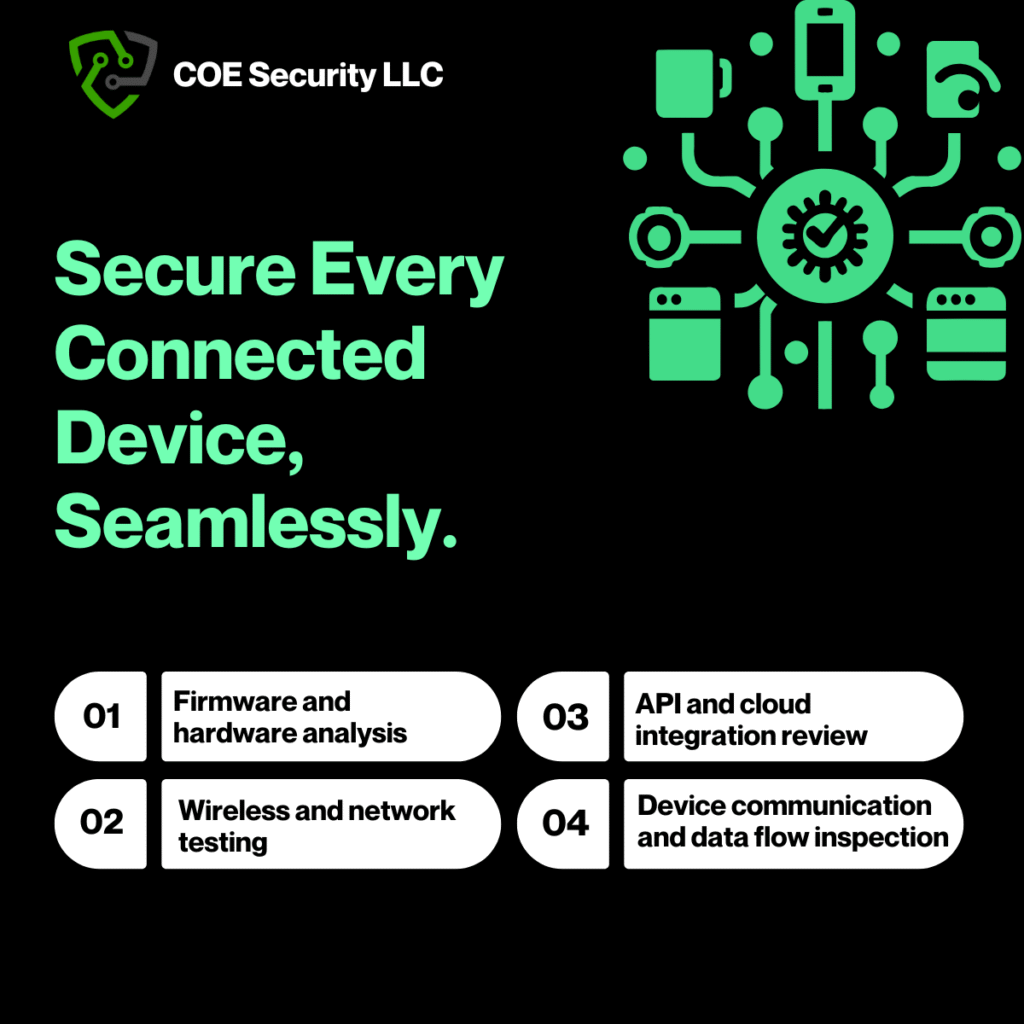
Many hardware devices, especially in the Internet of Things (IoT) space, are vulnerable to attacks targeting both physical devices and their communication networks. Our IoT Pen Testing service focuses on identifying vulnerabilities across the full lifecycle of IoT hardware devices. From physical device tampering and insecure firmware to network communication vulnerabilities, we simulate various attack methods to assess the security of your IoT hardware. This testing is vital for ensuring that your IoT devices, whether they’re used for industrial, consumer, or critical applications, are resistant to tampering, data breaches, and unauthorized access.
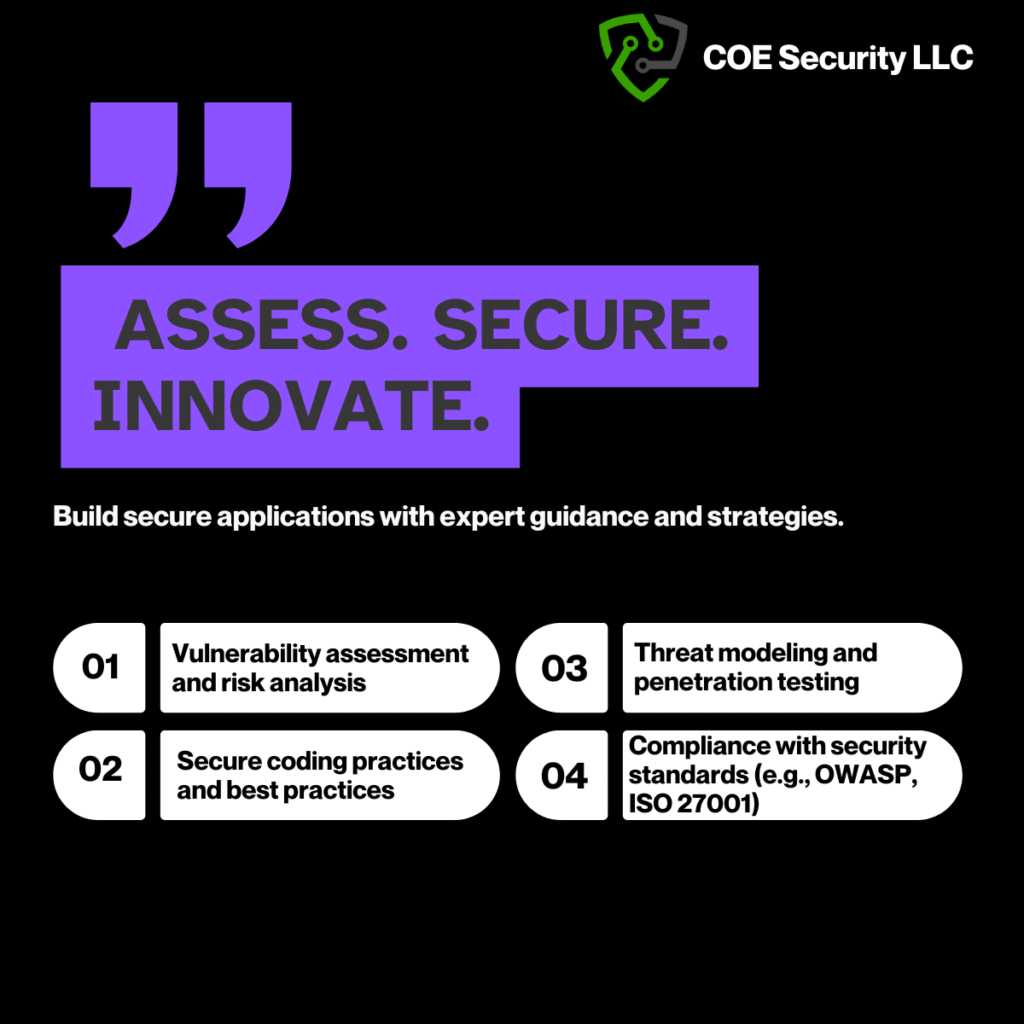
Our Application Security Consulting service works alongside hardware penetration testing to ensure that the applications interacting with your hardware are secure. Many hardware devices interface with software applications for user control, management, or monitoring. We guide your team through the process of securing these applications and their interaction with hardware components. This includes helping you secure application interfaces, data encryption, authentication methods, and ensuring safe data flow between hardware devices and their applications. We ensure that your hardware devices are protected not only at the physical level but also at the software layer, reducing the risk of exploitation through insecure interfaces.
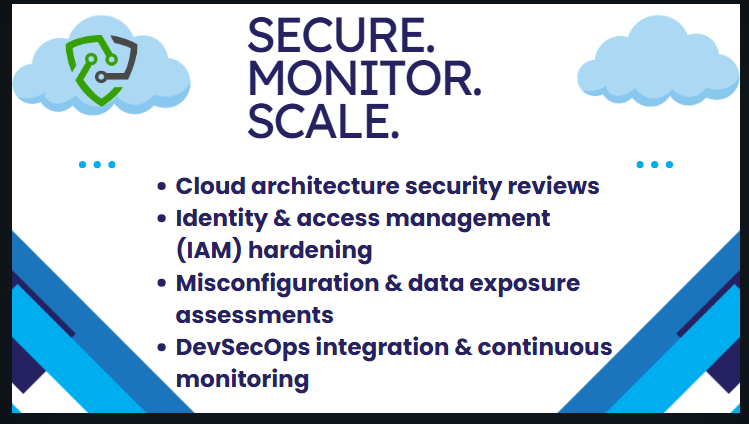
Many hardware devices rely on cloud-based services for storage, data processing, and analytics. Our Cloud Security Consulting service helps ensure that your hardware is securely integrated with cloud platforms. We assess the security of cloud services that interact with your hardware devices, focusing on the protection of data in transit, encryption protocols, API security, and access controls. We also review cloud configurations for misconfigurations, ensuring that your devices cannot be exploited via their cloud connections. By securing the cloud infrastructure that supports your hardware devices, we help prevent cloud-based vulnerabilities from compromising your hardware and the data it generates.
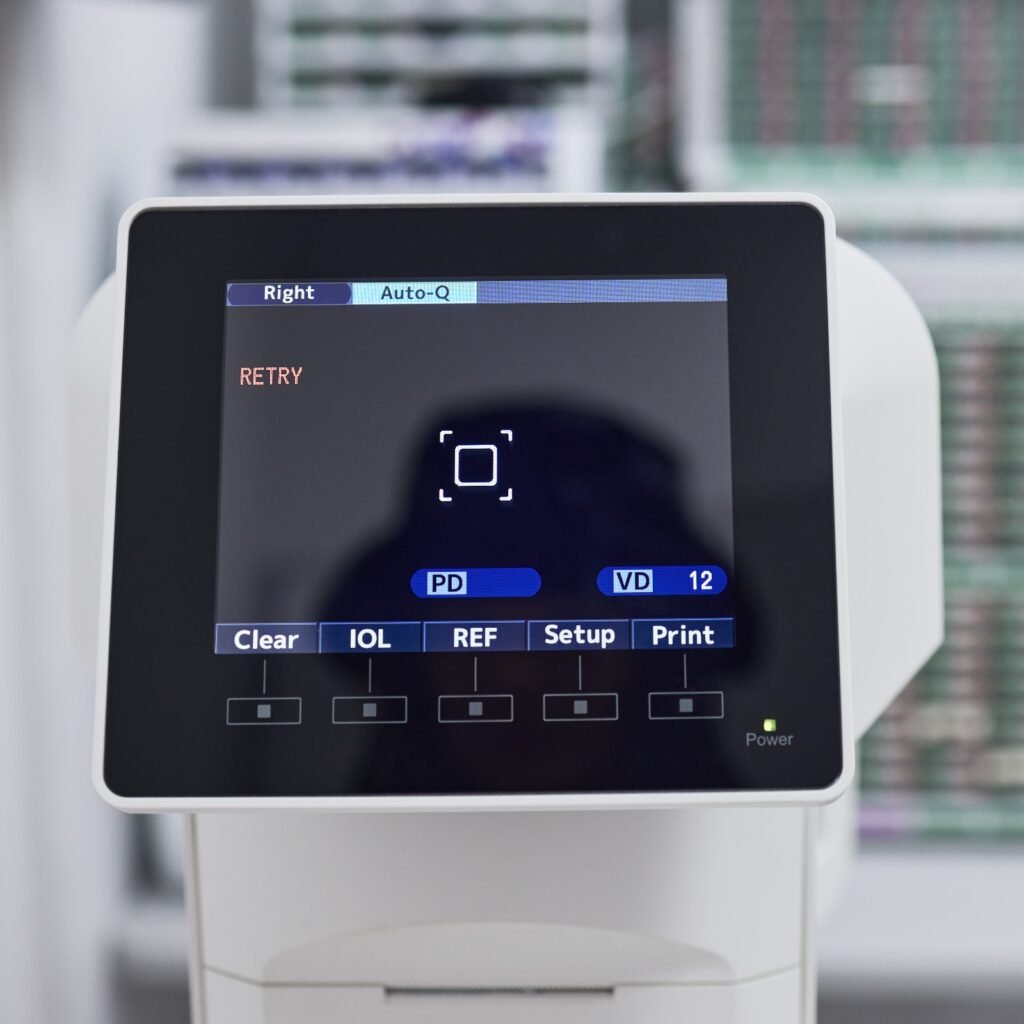
Hardware security is inextricably linked to the security of the software running on the hardware. Our Secure Software Development Consulting service focuses on helping your development team design and implement secure firmware and software for your hardware devices. This includes advising on best practices for secure coding, ensuring that firmware is protected from reverse engineering and tampering, and helping implement robust encryption and authentication mechanisms. Our consultants assist in ensuring that any software running on the hardware is resistant to vulnerabilities that could be exploited by attackers, such as buffer overflows, code injection, or insecure data storage.
COE Security empowers your organization with on-demand expertise to uncover vulnerabilities, remediate risks, and strengthen your security posture. Our scalable approach enhances agility, enabling you to address current challenges and adapt to future demands without expanding your workforce.
Your trusted ally in uncovering risks, strengthening defenses, and driving innovation securely.
Certified cybersecurity professionals you can trust.
Testing aligned with OWASP, SANS, and NIST.
Clear reports with practical remediation steps.















As organizations accelerate the adoption of agentic AI systems, security leaders must…
A recent update for Windows 11, identified as KB5077181, has reportedly triggered…
In 2026, cybercriminals are taking e-commerce fraud to a new level with…